
Lesson
Upon completing this lesson the students will: • Learn how world events affect supply and demand for petroleum; • Explore why it is important for South Carolinians to use alternative fuels; and • Make...
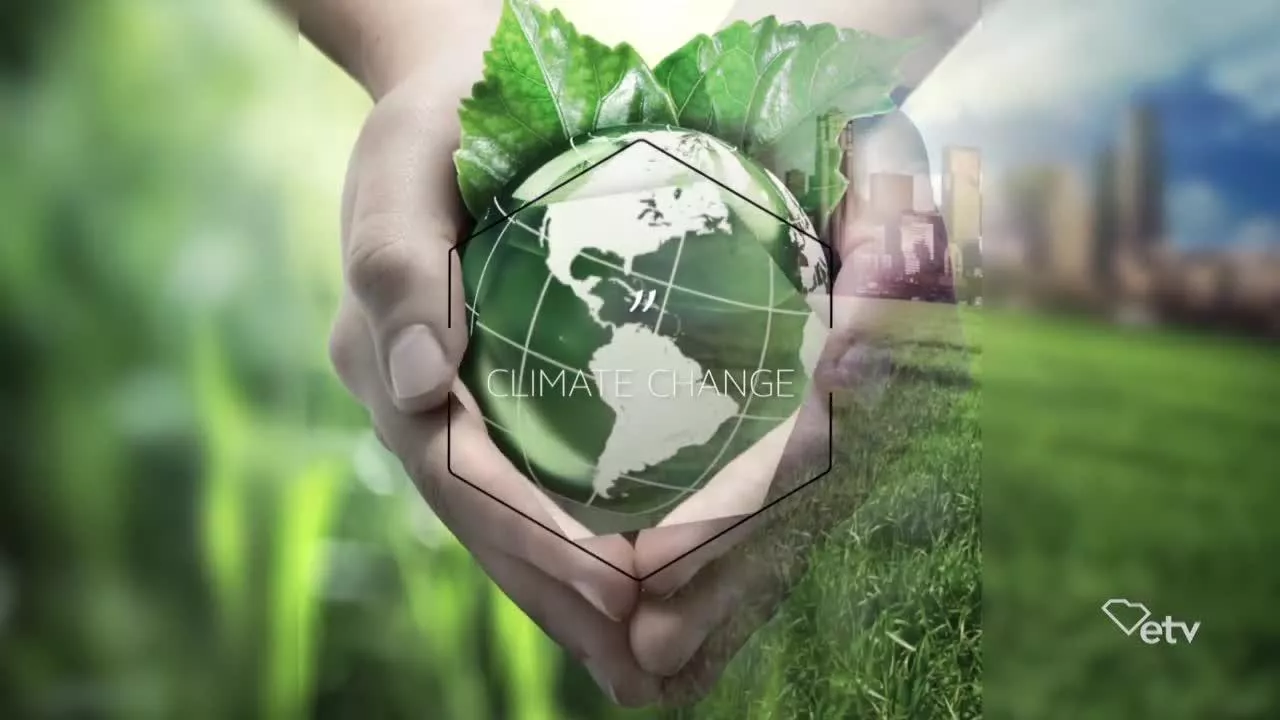
Earth Month was established in April 1970 and is non-political. It is a month intended to develop momentum for a full year's worth of work on improving the environment. In this collection, you can learn about ways you can be involved in helping our planet!
Earth Day also began in 1970 and is celebrated annually around the world on April 22. Various events are held worldwide to demonstrate support for environmental protection.
World Environment Day is the United Nations day for encouraging worldwide awareness and action to protect our environment. It's celebrated annually on June 5.
This day encourages motorists to take a day off from driving your vehicle and find other ways to go places that will not hurt the environment.

Lesson
Upon completing this lesson the students will: • Learn how world events affect supply and demand for petroleum; • Explore why it is important for South Carolinians to use alternative fuels; and • Make...
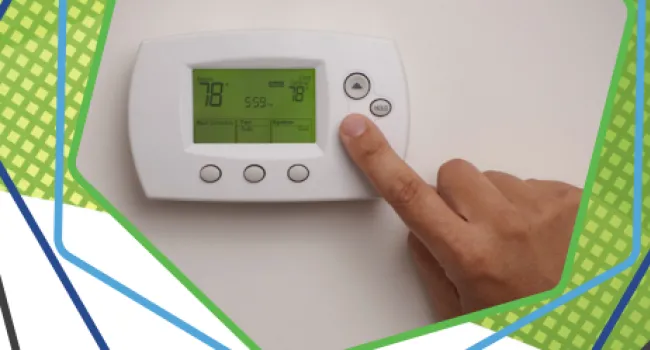
Lesson
Upon completing this lesson the students will identify ways to help conserve energy and water usage.

Lesson
Upon completing this lesson the students will: • Examine how controlling solar radiation can improve energy efficiency; • Discuss home design for energy efficiency; and • Create their own home design...

Lesson
Upon completing this lesson, students will interpret charts, graphs, and illustrations to discover the story of power in South Carolina.

Lesson
Upon completing this lesson the students will: • Measure the amount of solar heat that comes from the sun; and • Describe ways this energy can be used to help reduce our dependence on traditional...

Lesson
Upon completing this lesson the students will: • Understand energy forms and sources; • Distinguish between conductors and insulators of heat transfer; • Recognize and compare insulation values of...
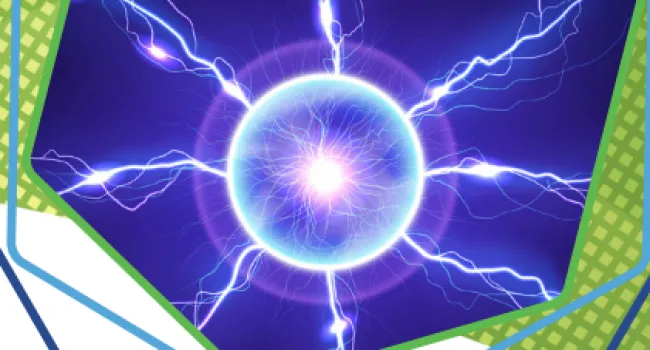
Lesson
Upon completing this lesson the students will: • Develop models to illustrate and explain that energy can be transferred from place to place by electric currents and that electric currents flowing...
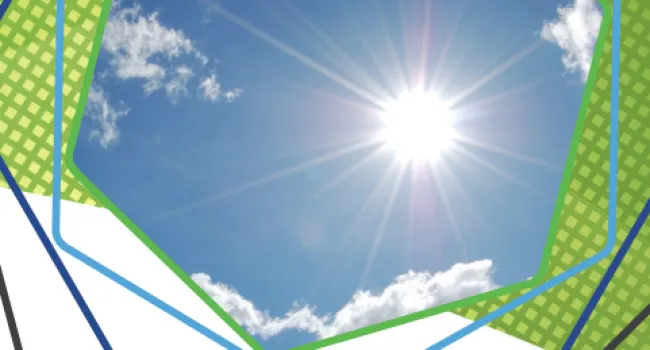
Lesson
Upon completing this lesson, the students will be able to: • Describe various ways that solar energy can be used; and • Describe the advantages and disadvantages of using solar energy
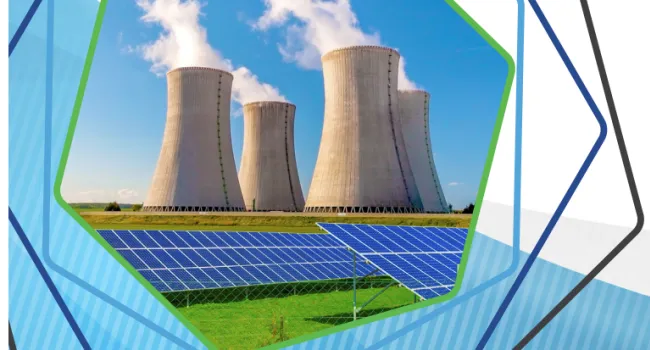
Lesson
Upon completing this lesson the students will: • Define energy and the major sources of energy currently in use. • Explain the difference between energy efficiency and energy conservation. • Describe...

Video
In this edition of What's Wild, we'll be taking a look at some native South Carolina plants with a big appetite! There are approximately thirty-one species of carnivorous plants throughout the state...